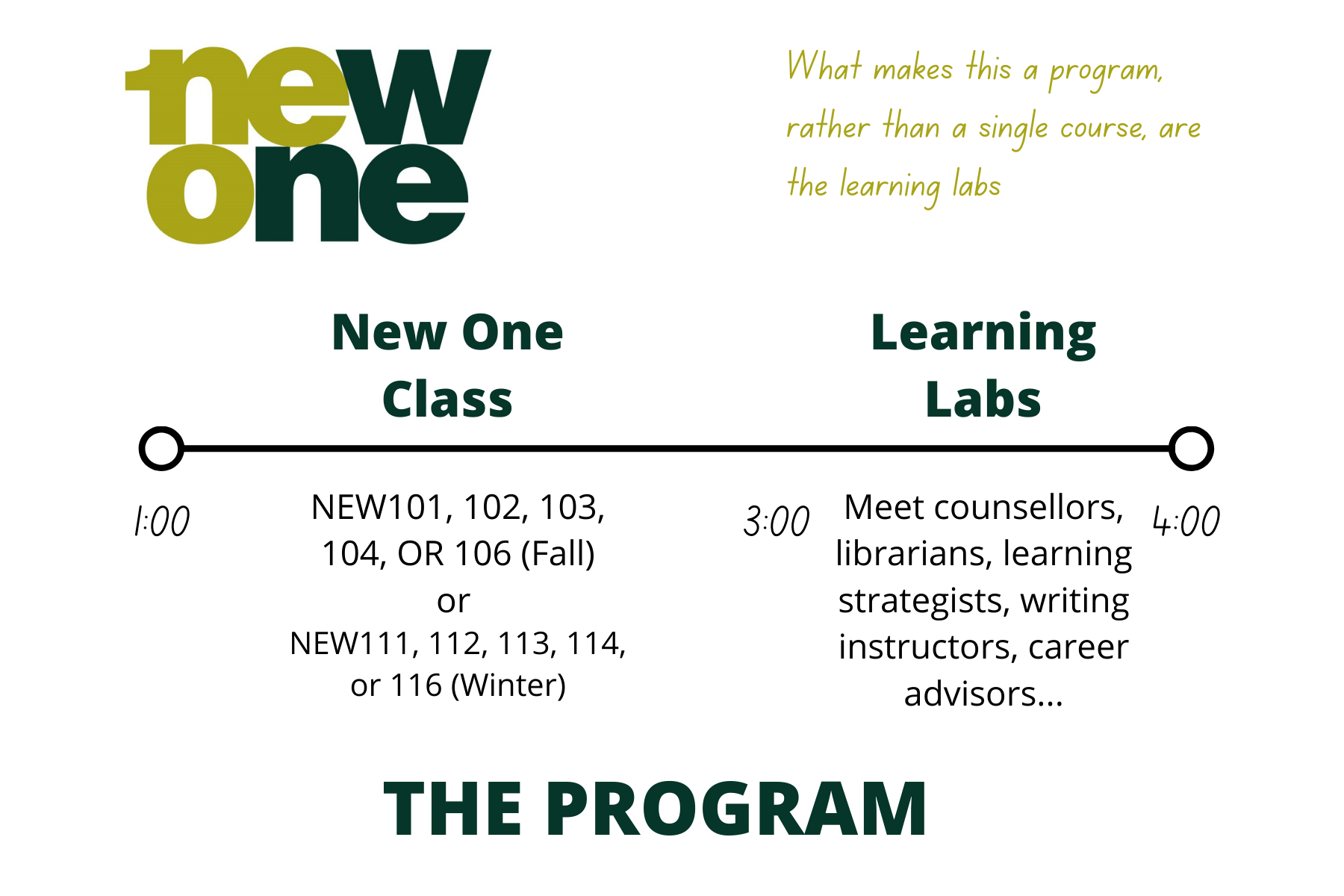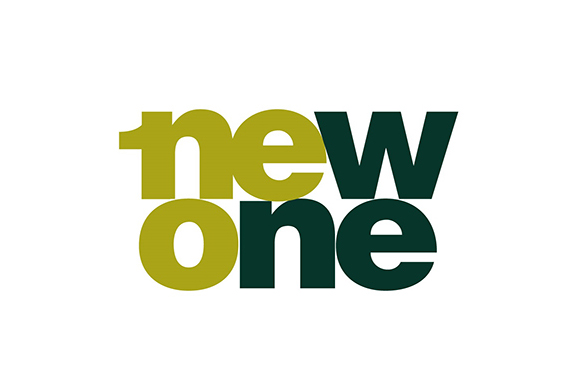
New One offers ten courses to choose from, five offered each term. Please note that the only requirement to take New One courses is that you need to be a first-year student at U of T. If you are interested in any of the courses below, you can enrol on them when you register for your other classes in late July. Please, note that courses fill up fast. It is better to register and then drop later if you decide you cannot take the course.
Each class meets for two hours each week with a third hour dedicated to a learning lab (see below).
Course Topics
Fall Term
NEW101H1F – The Everyday Politics of Food
How often do we reflect on the environmental, social, and economic impact of our everyday food choices? This course offers an introduction to the key concepts, terms, and theories that underlie our current food system. The course links the food we eat to global forces and considers how these forces affect food distribution, access, and consumption.
NEW102H1F – Exploring Multilingual Toronto
How does language connect and divide people, places, and communities? This course considers how interactions between people in Toronto are shaped by language as well as history, economy, architecture and urban landscapes. Students engage with the city both in and out of class to think about a range of questions linked to gender and sexuality, indigeneity, migration, race, ethnicity, and public/private space.
NEW103H1F – Digital Technology and Society
While the Internet and other forms of digital technology have created new forms of social relationships and widened access to information, they have also raised concerns. This course explores issues such as surveillance, addiction, and bullying as well as the potential of digital technologies, for example, smart cities, Big Data, and the internet of things. The course engages students’ own experience of digital technology.
NEW104H1F – Creating Community: Art, Identity and Belonging
How is art implicated in the process of community building? How does art foster a sense of community identity and belonging? This course explores how communities, in Toronto and beyond, engage a variety of art forms including graffiti, spoken-word, hip-hop, digital art, traditional dance, and music to connect people and express community identity. Students will have the opportunity to visit community arts projects.
NEW106H1F – Science, Health, & Social Justice
How can scientific knowledge and research be mobilized to impact individual and global health? How is health impacted by social, racial, and economic inequalities? This course explores scientific research and practice with special attention to the translation of scientific knowledge in the public sphere, and its ability to inform policies, practices and laws. Students have the opportunity to meet clinician-scientists, policy-makers, and other professionals connected to the health care system.
Winter term
NEW111H1S – Food, Ethics, and Sustainability
How do we produce and ensure access to nutritious and environmentally sustainable food for all? This course explores what is involved in achieving ethical food production and food security, examining topics such as: the paradox of food waste amidst scarcity, the relationship between food production and climate change, community-led alternatives to dominant food systems, and the role of biotechnology. Research projects allow students to focus on an issue of particular interest.
NEW112H1S – Language Freedom and Power
How do we imagine a balance between the need for communication, freedom of expression, and protection for marginalized groups? This course considers how language shapes and is shaped by the relations of power not only in such sites as colonies, nations and institutions, but also in popular culture and how we communicate online. It explores the key role of language in activism and youth cultures and allows students to focus on an issue of particular interest.
NEW113H1S – Unpacking Digital Technology
What are the social and material implications of the digital technologies we use every day – for the present and for the future? This course explores how digital technologies have been remaking the world and affecting our lives by tracing their historical development, their social effects, and the impact of their physical presence. It also peers into scenarios of the future in this digital world. Students engage in research on a topic of their own interest.
NEW114H1S – Art for Social Change
How does art contribute to social change? Artistic productions can draw attention to social problems, mobilize support for and symbolize social movements, and inspire new visions for imagined futures. This course will explore case studies of the role of various art forms in relation to past and current social change initiatives. Students will have the opportunity to engage in research on an art project of their choice.
NEW116H1S – Science and Global Threats
What is the role of science in addressing current global threats? What are the possibilities and the limitations of scientific research and knowledge in tackling complex problems such as climate change, pandemics, and pollution? In this course, students explore these questions by examining case studies, meeting with specialists in various scientific fields, and engaging in research on a topic of their choice.
Learning Labs
The Learning Labs are workshops in which we bring all the resources the university has to offer directly to you. These are some of the workshops we have had:
- 5 Ways to Mental Wellbeing
- Transitioning to University
- Intro to Research + Using Library Databases
- Productive Failure – Handling the Dreaded Midterms
- Program Selection
- Oral Presentation Workshop
- How to Create Effective Short Films
- How to Make the Best of Learning Online
- What Should you Know about Career Planning in First Year?
- Reading and Taking Notes from Research
- Using Zotero for Research

